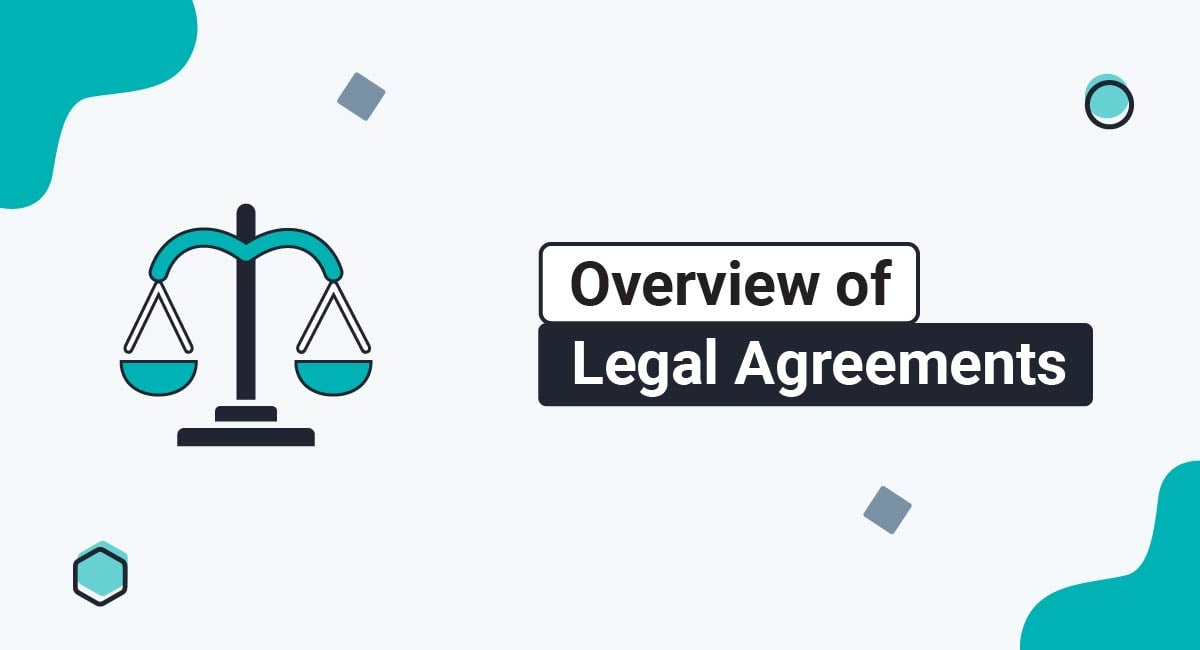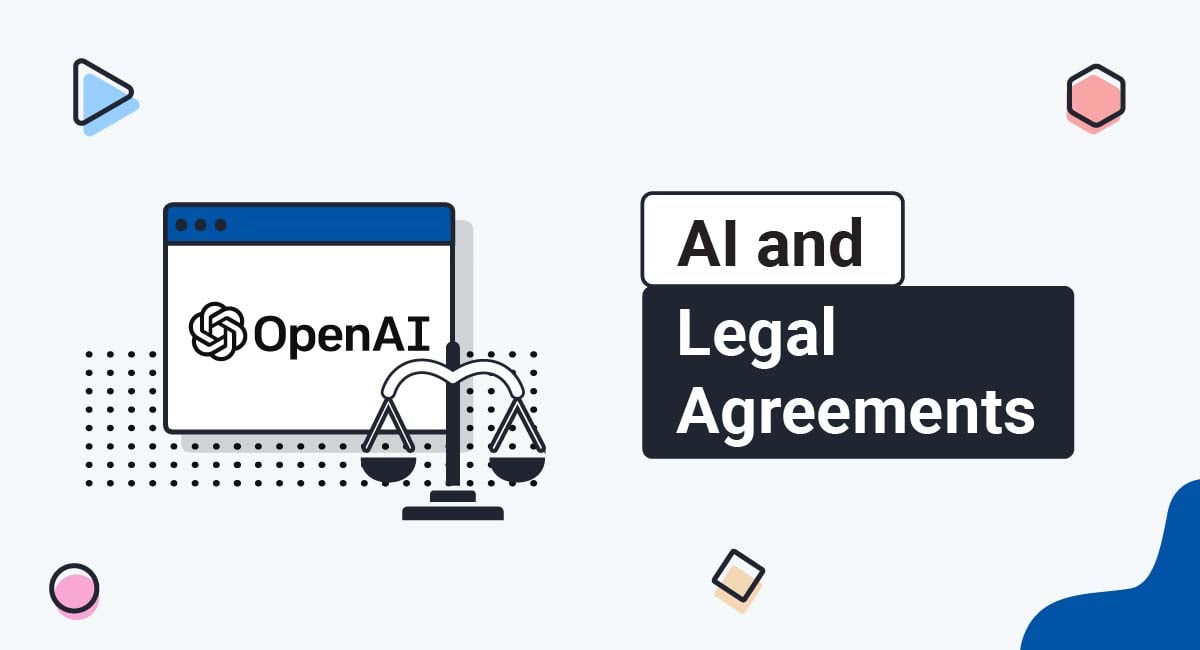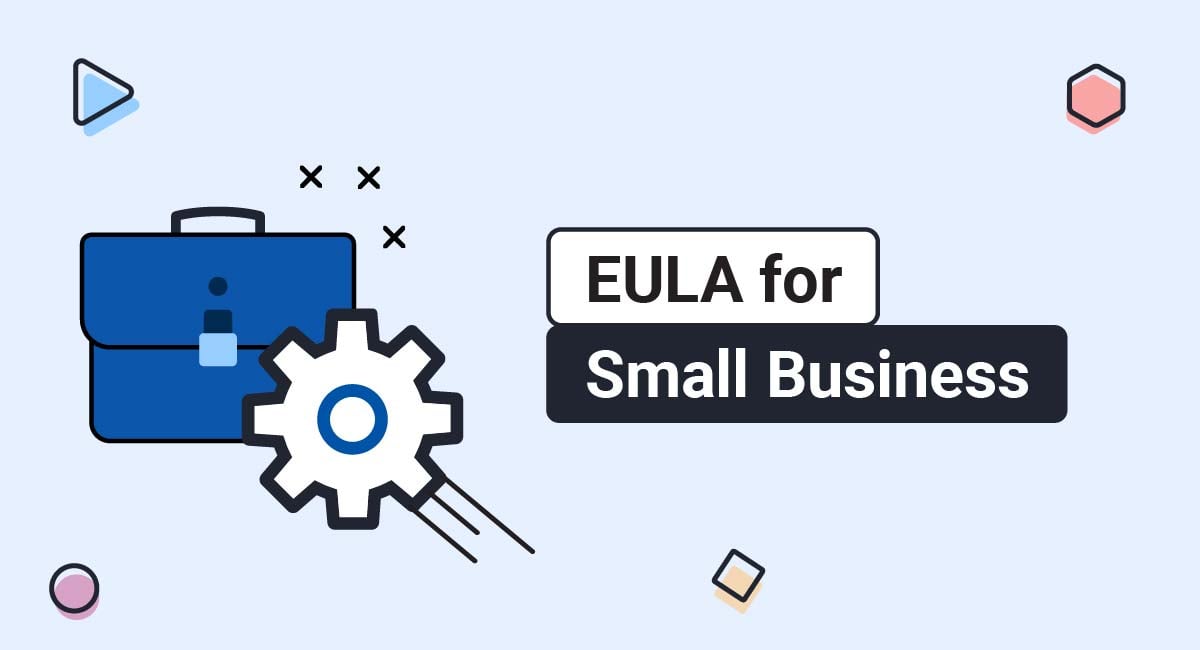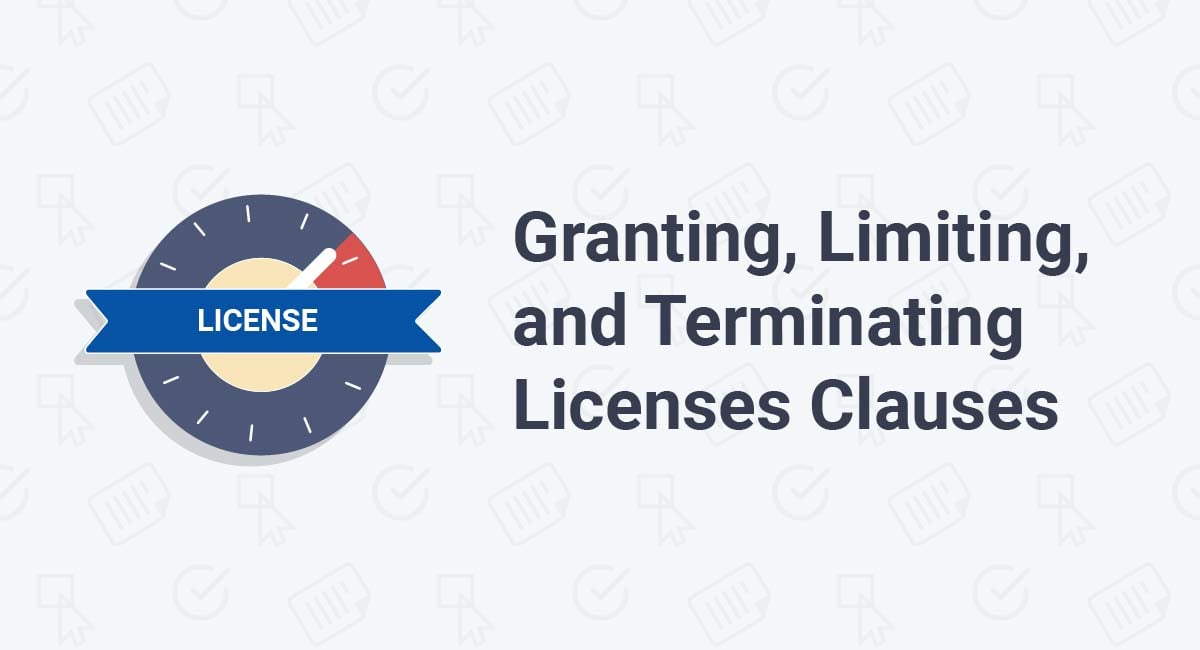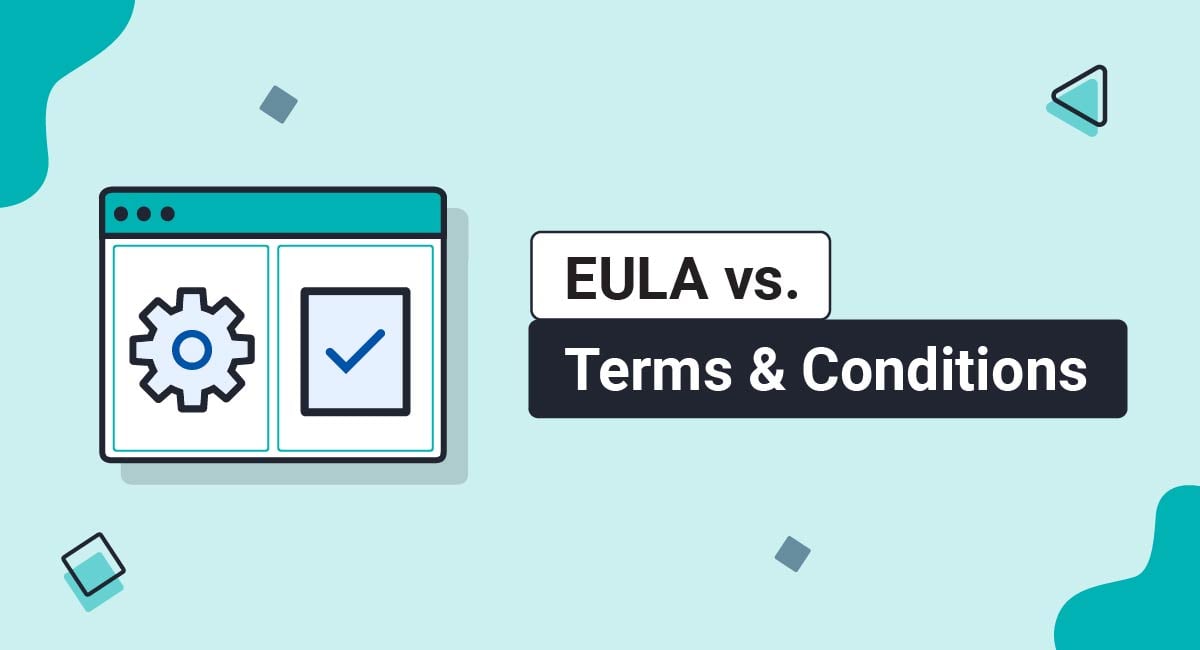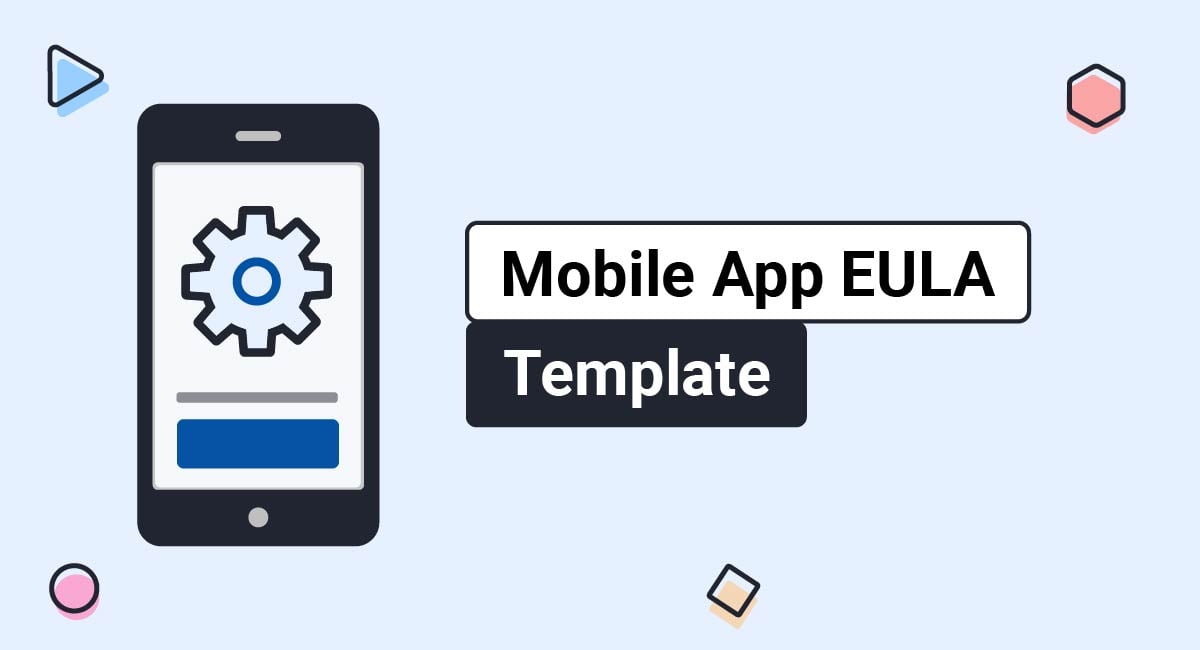All mobile apps, such as those published on Apple App Store or Google Play Store, can use the default EULA provided by the app store. App developers can choose to provide their own custom EULA if the custom EULA covers the minimum requirements as set by the app store.
There are a number of great benefits that come with using a custom EULA for your app, including the following:
- You can include specific provisions regarding user generated content to address objectionable content and abusive users
- You can include your exact provisions around how you'll handle the termination of abusive accounts
- You can forbid specific actions and activities from anyone while using your license
- And so much more









